Parts cleaning machinery is any type of equipment that aids in this cleaning process. Parts cleaning machinery may be differentiated by the following techniques: manual, mechanical/semi-automatic, automatic, and robot-supported. It may be quite simple, rather complex, or used as part of a larger procedure, like electroplating or galvanizing. Read More…
We are Better Engineering, and we specialize in designing and manufacturing high-performance parts washers and precision cleaning systems that support demanding industrial production environments. Our focus is on delivering reliable, repeatable cleaning solutions that remove oils, chips, coolants, and contaminants from metal and machined components while preserving dimensional accuracy and...

Niagara Systems LLC has offered turnkey custom parts washing systems for over 80 years. With our customization capabilities, our parts washing systems stand out from the competition.
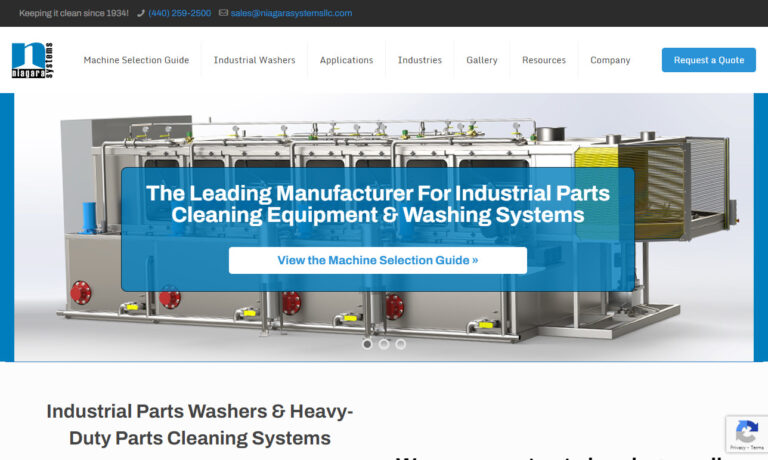
Great Lakes Finishing Equipment, Inc. specializes in supplying parts washers for even the most demanding cleaning jobs. Equipment includes table washers, drum washers, aqueous rotary baskets, aqueous belt washing systems, & more. Let our parts washing specialists assist you with your specific washing applications. Contact us today for all of your parts washer needs.
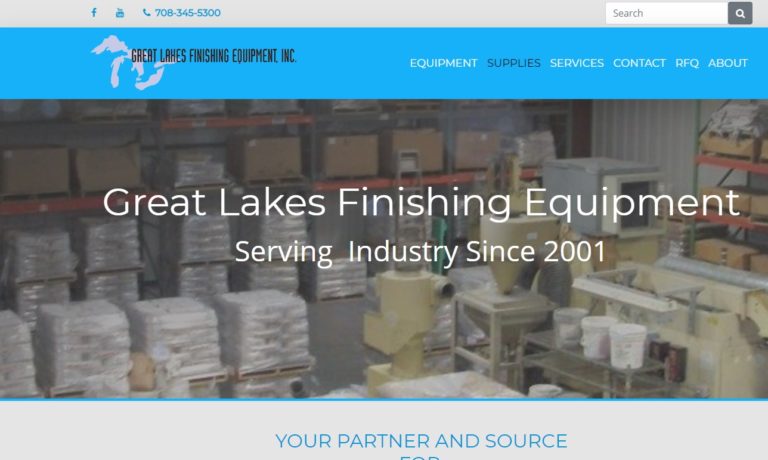
Need help with a parts washer to clean your dirty parts? Contact StingRay to get a quote for an engineered parts washer. StingRay Parts Washer offers a complete solution to your cleaning needs which includes fixturing of your parts, industry approved detergent, engineered parts washer, and the most complete customer service in the industry.
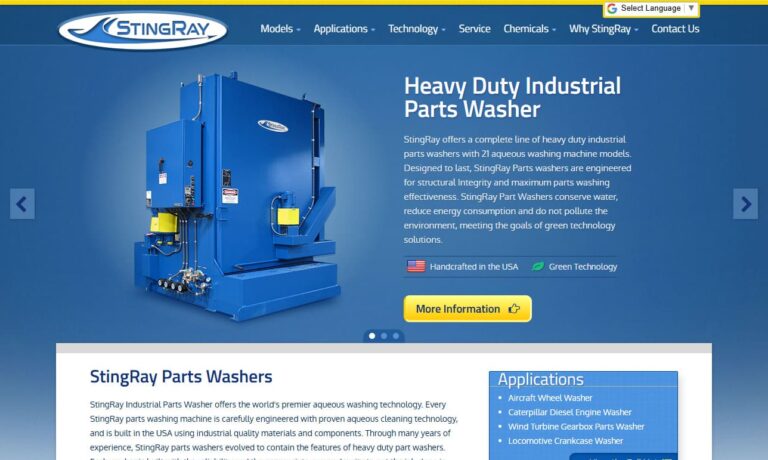
More Parts Cleaning Machinery Manufacturers
Here is an example of a fairly common procedure: 1) pre-cleaning 2) main cleaning 3) rinsing 4) rinsing with deionized water 5) rinsing with corrosion protection 6) drying. The processes used by parts cleaning machinery are quite varied. Examples include: sprinkling, spraying, power washing, blasting, flooding, movement of parts (turning, oscillating, etc.), circulation of bath/agitation, gas/air injection into bath, boiling under pressure, injection flooding, pressure flooding, ultrasonic cleaning, megasonic cleaning, and carbon dioxide cleaning.
Parts cleaning machinery often comes in the form of washers. Parts washers are quite variable, providing customers with several different, frequently customizable, options. Types of parts washers include immersion parts washers, sink-on-drum, ultrasonic parts washers, soaking units, brush units, soaking and brush combination units, and direct sprayer parts washers.
A typical parts washer may be solvent-based or aqueous/water-based. Solvent-based parts cleaning machinery was invented in the 1950s and is incredibly effective in removing stubborn corrosion and chemicals. Parts cleaning machinery uses a degreasing agent along with these solvent-based cleaners to effectively remove residual oil-based coolant and anti-rusting agents applied during the machining process. However, they are also harmful to the environment and hazardous to health if used improperly. Partially for this reason, aqueous-based parts cleaning machinery, which is safer and more economically and environmentally friendly than solvent-based cleaning, has become more popular. Today, the traditional hazardous cleaning agents like TCE and PCE are only used in airtight plants, regulated by modern volume shift systems that limit any emissions.
Parts cleaning machinery are incredibly useful, but they do occupy the space of an extremely complex industrial process. For that reason, it's best to approach a purchase as well-informed as you can be. When considering the parts cleaning machinery you will purchase, remember to educate yourself on the quality and cleanliness standards of your application or industry, like the auto industry's VDA 19/ISO 16232 standard for the cleanliness of road vehicles fluid circuit components. Customers may also present you with their own set of requirements regarding remaining contamination, corrosion protection, spots, gloss level and the like. The better informed you are, the smoother the purchasing process will go, and the better equipment you'll get!




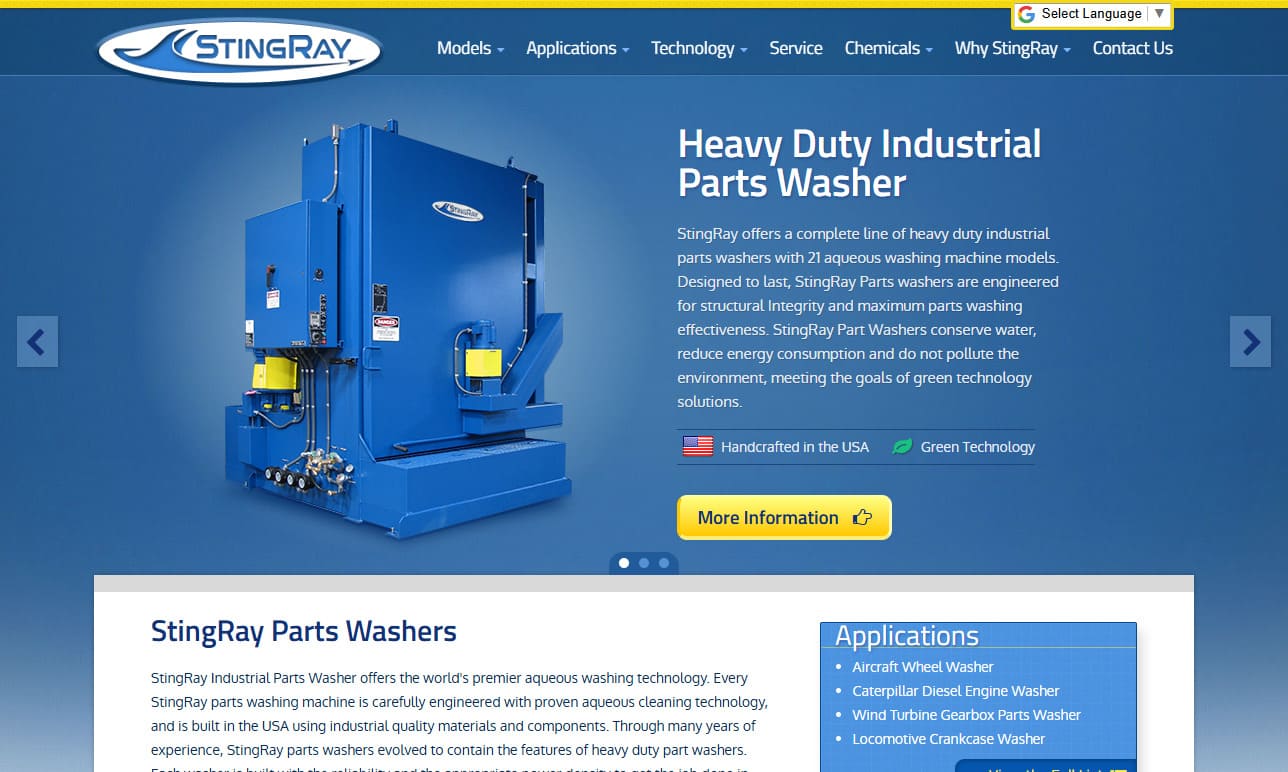


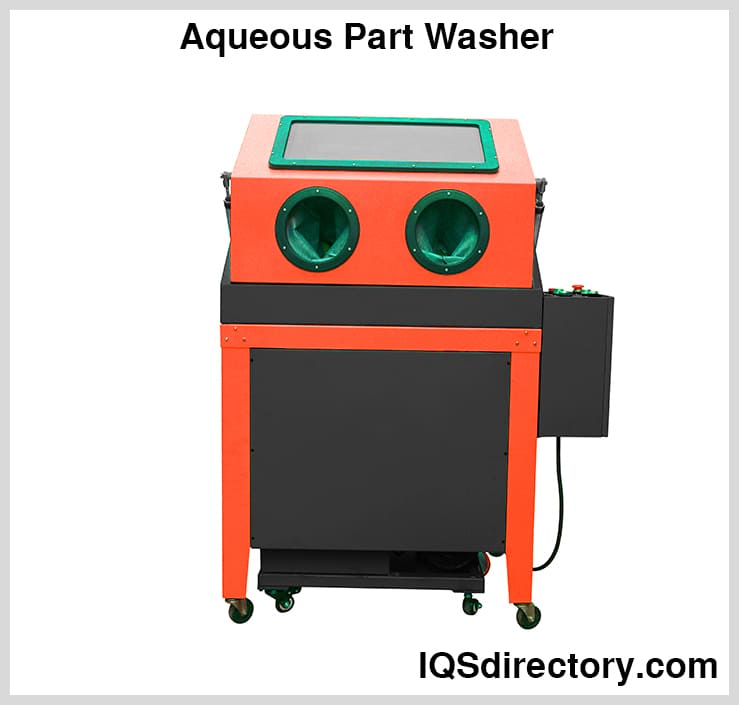
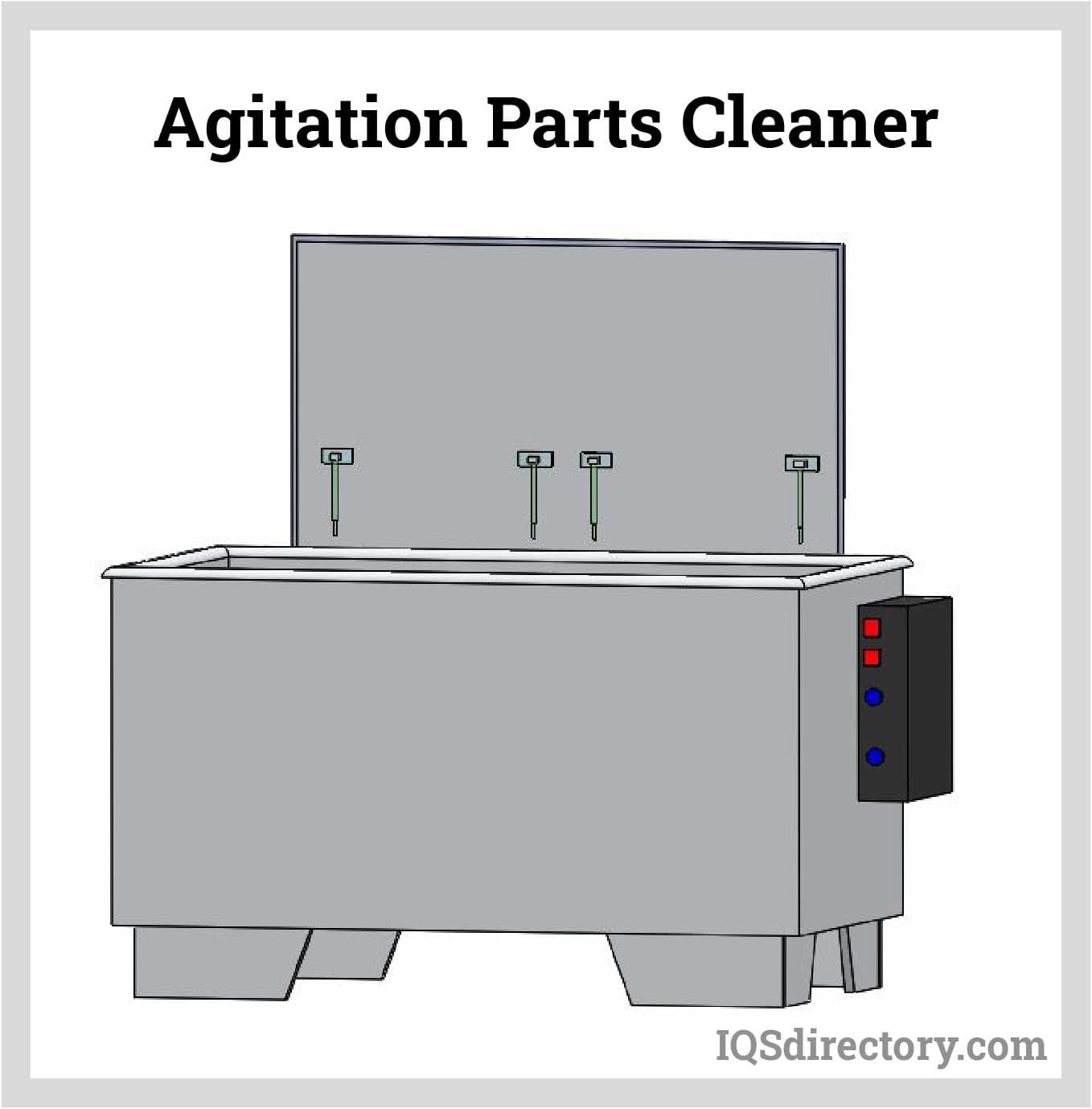
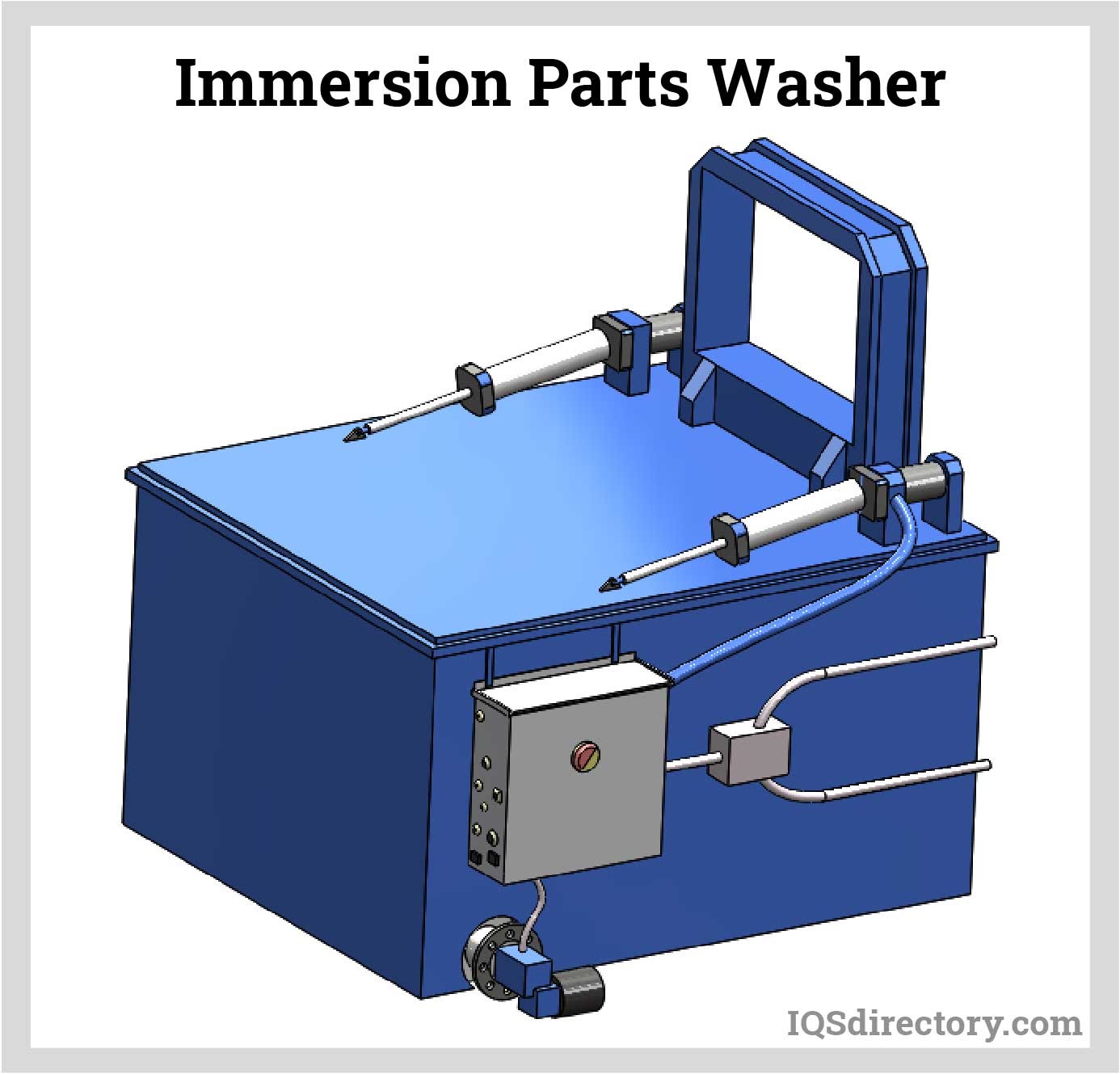
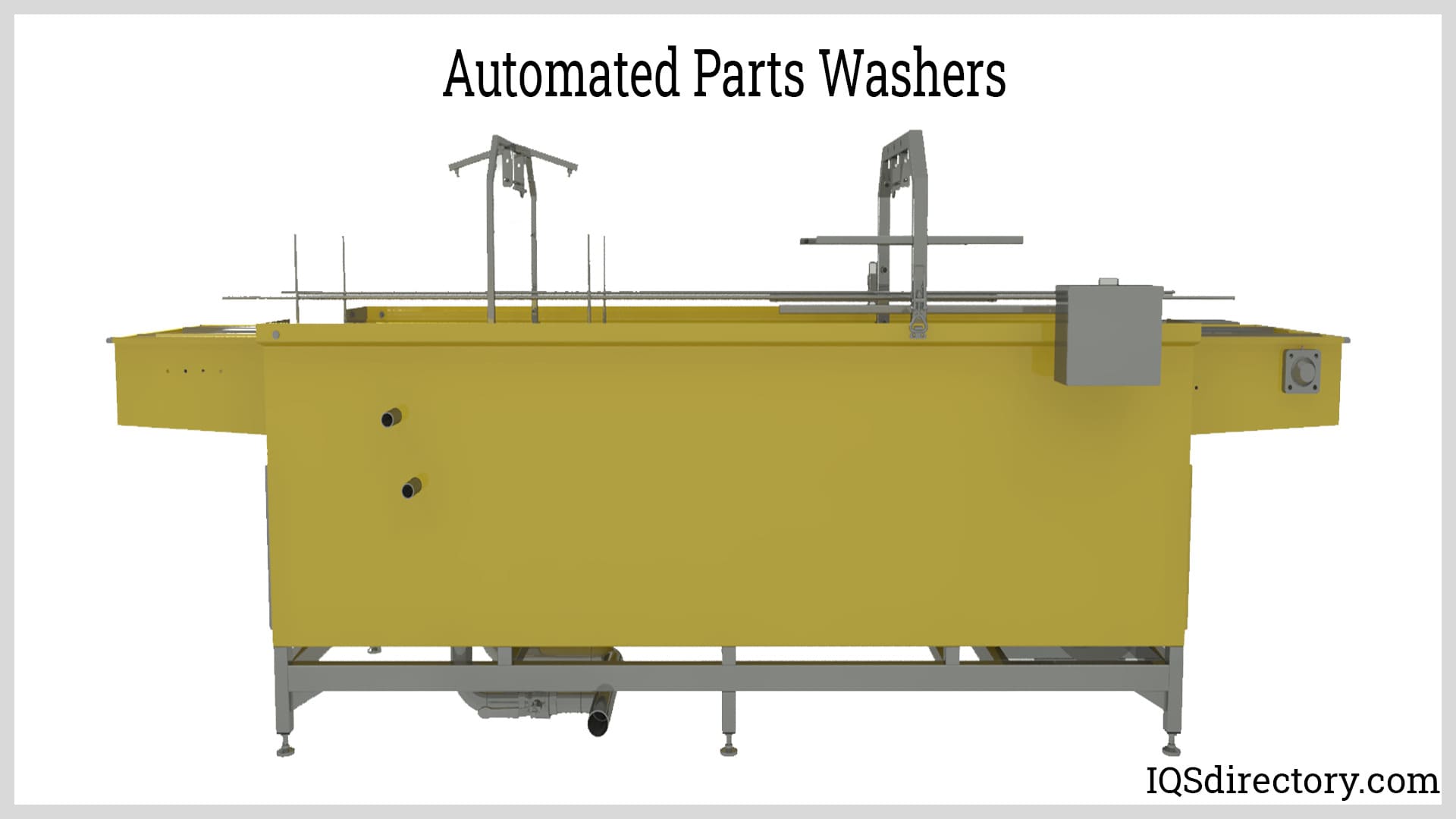
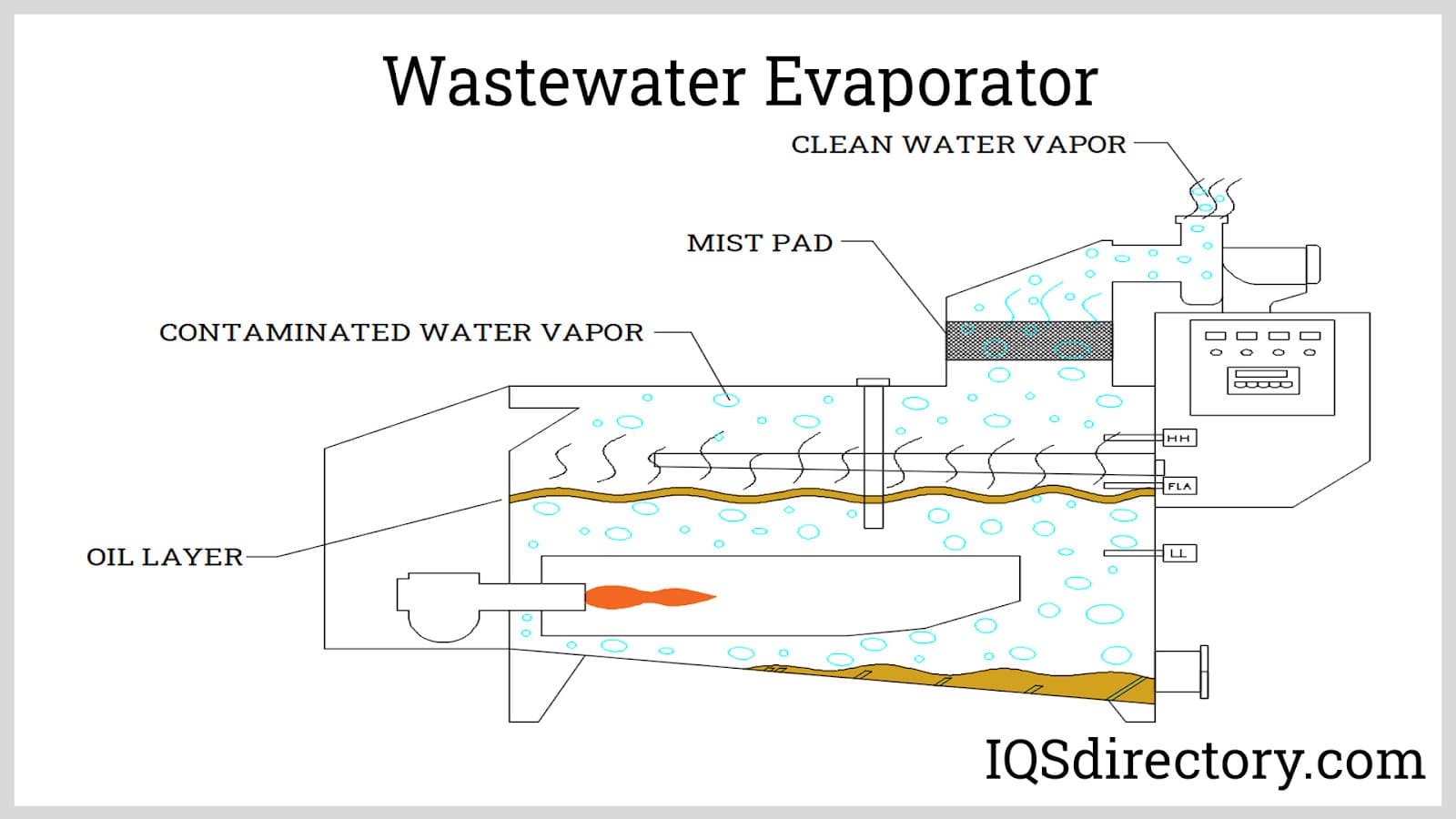
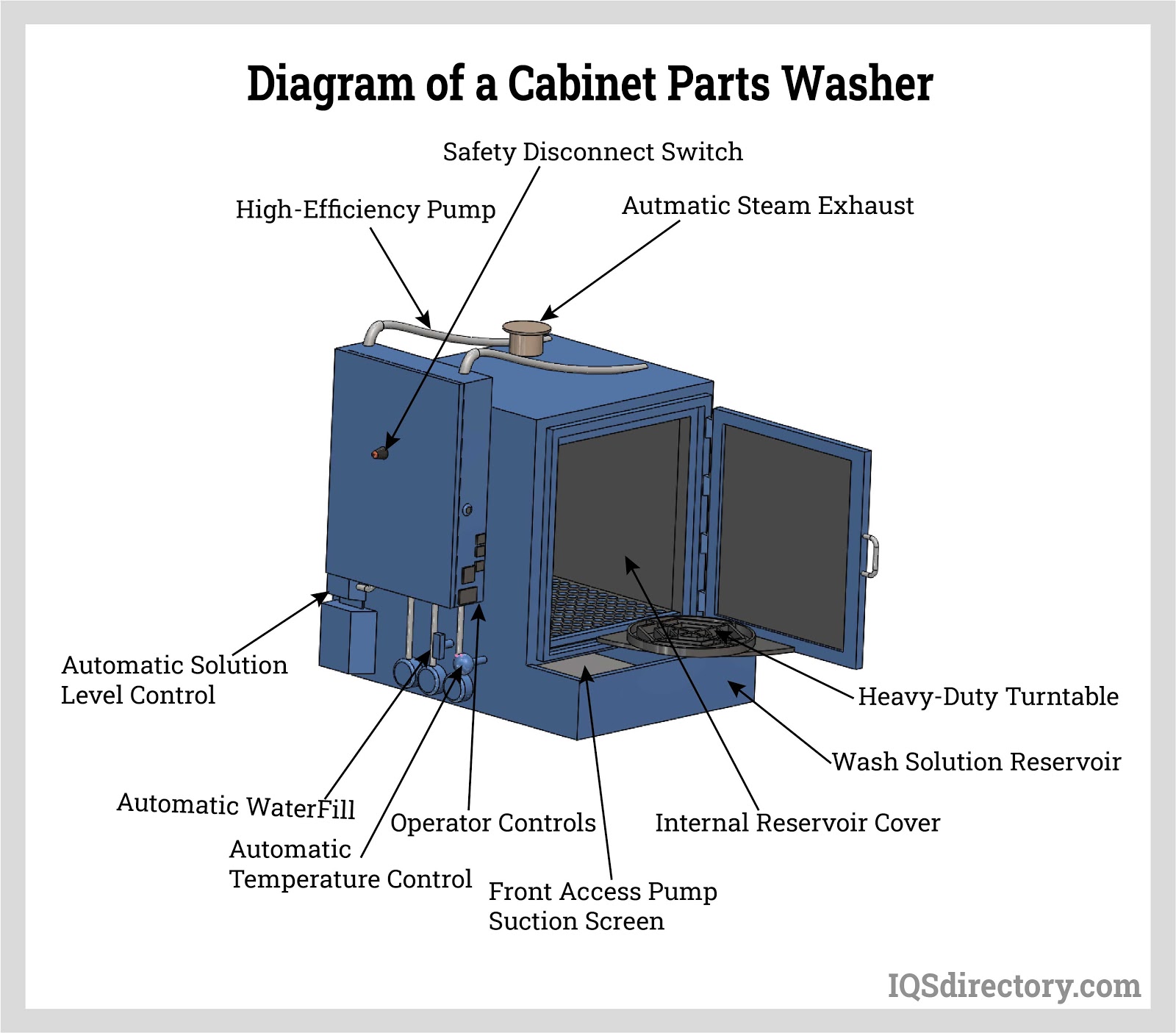
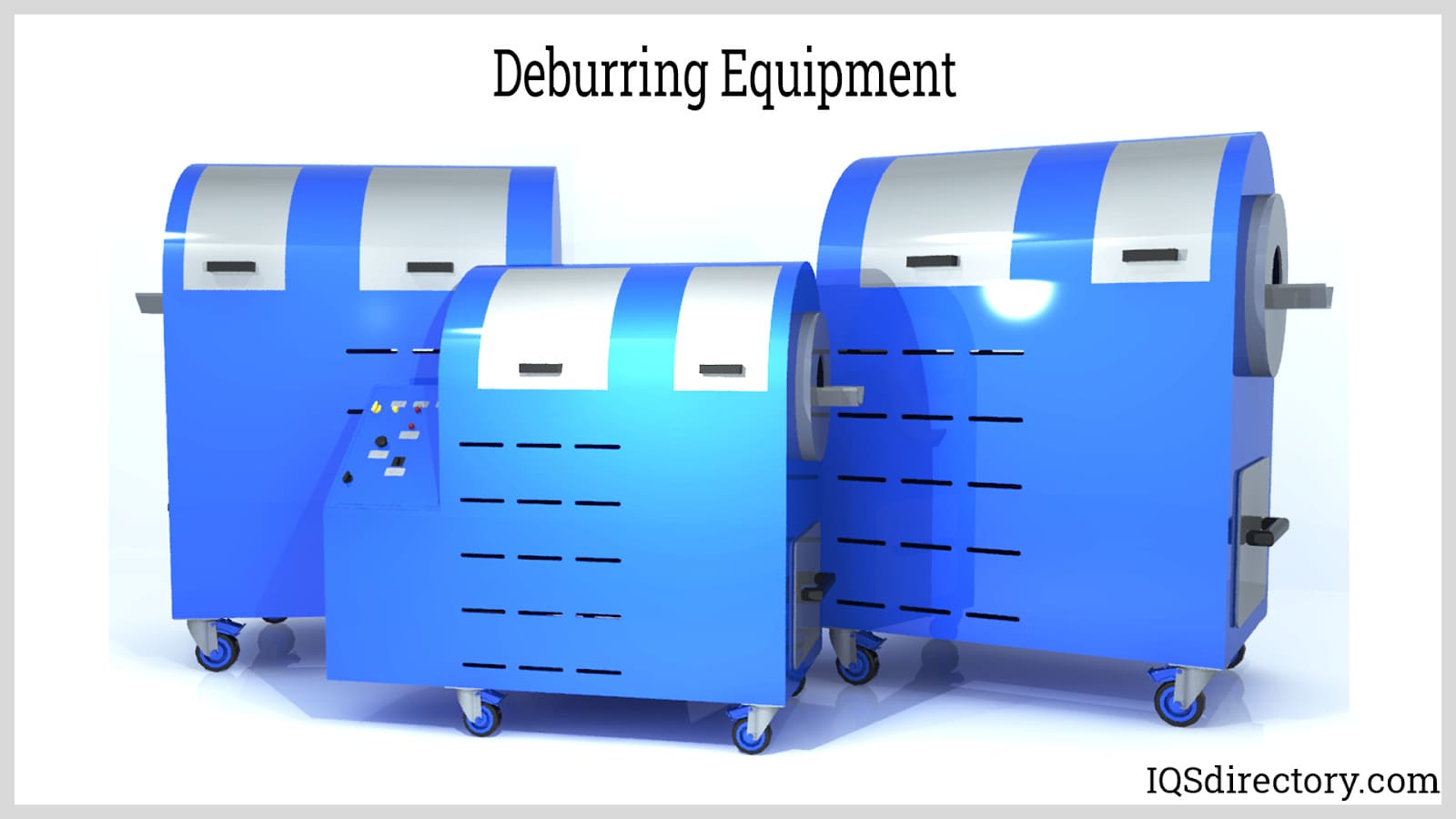
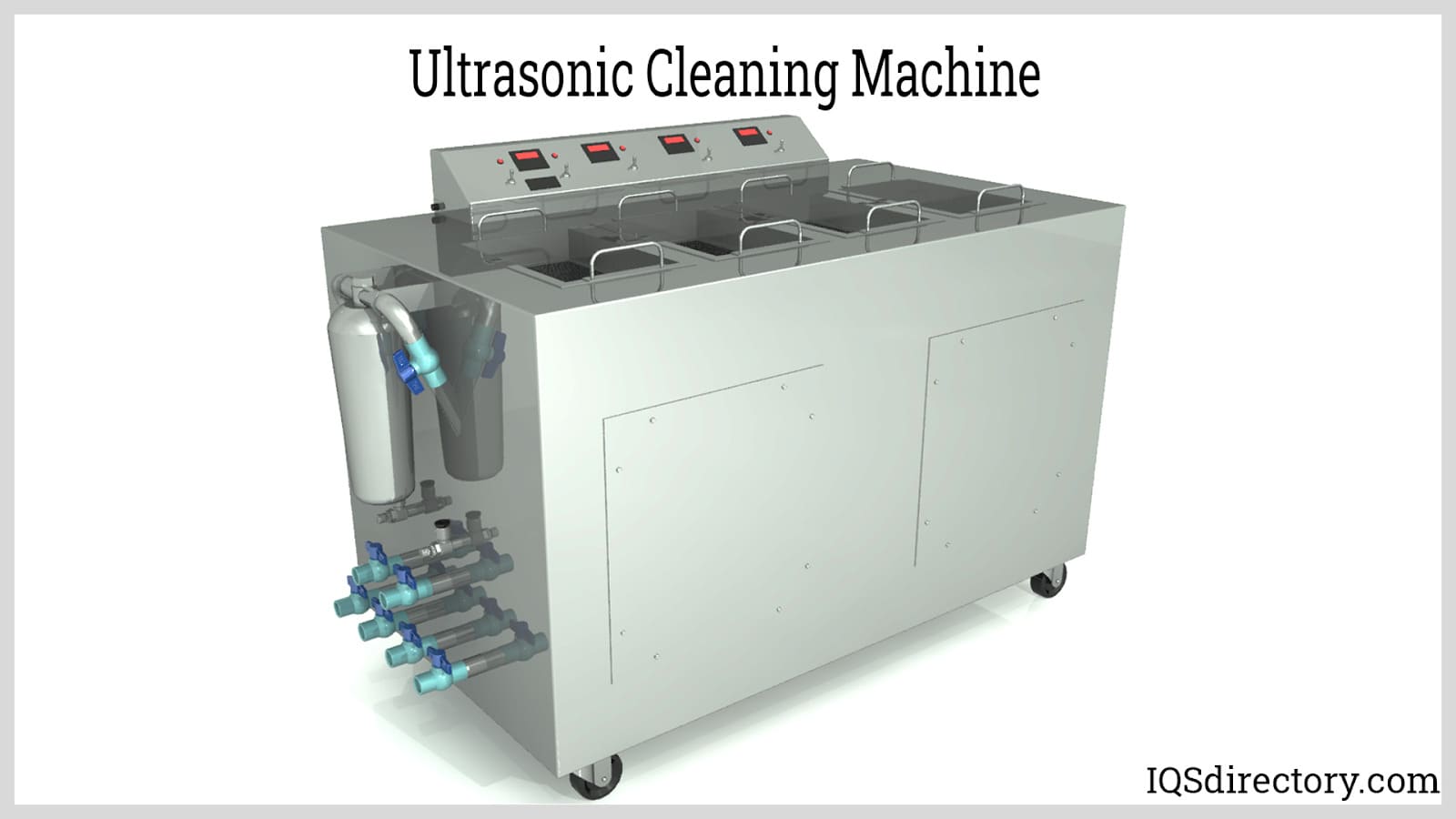
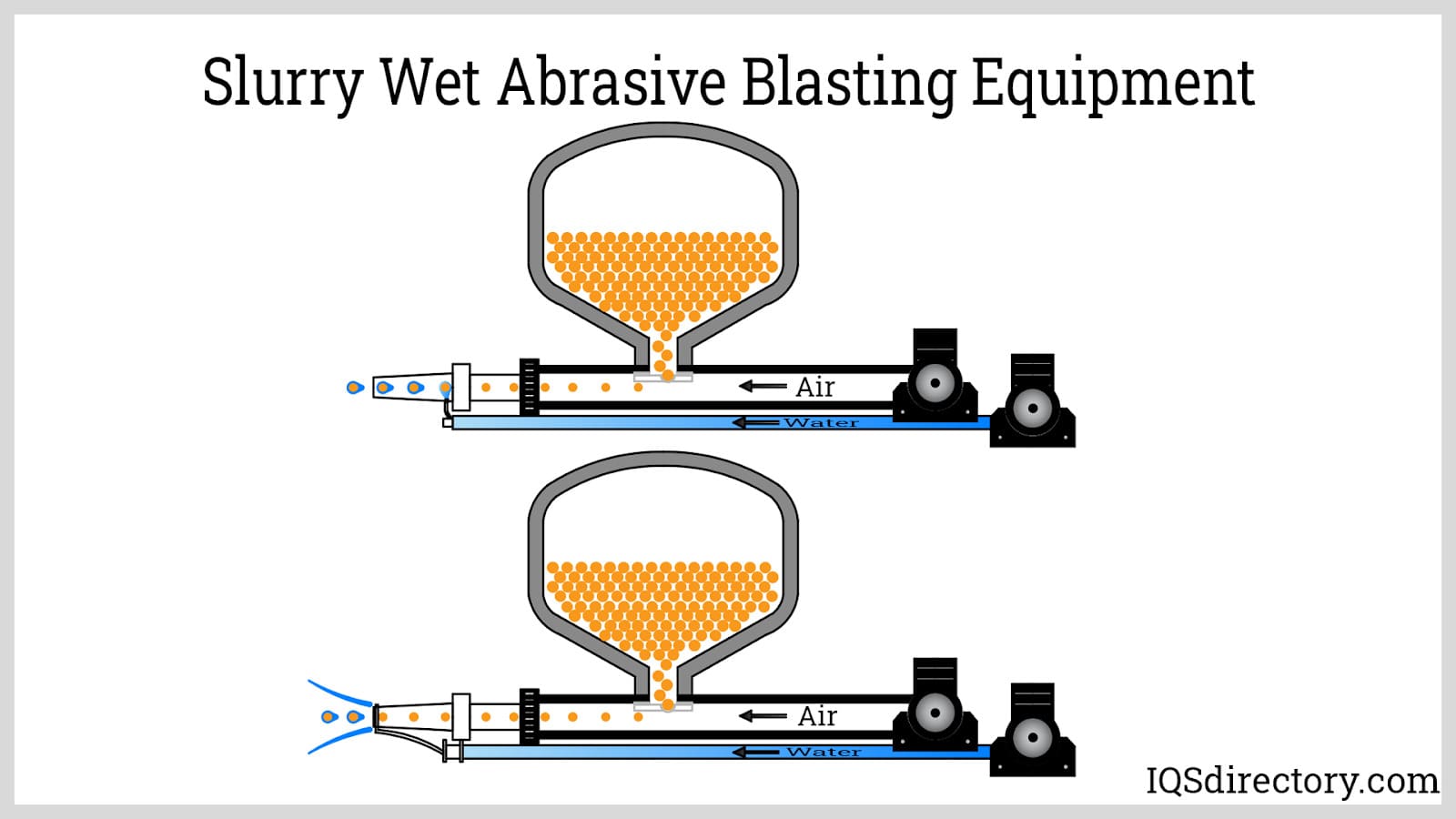
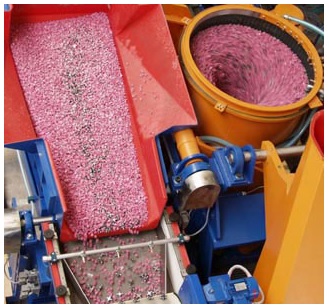 Deburring Machinery
Deburring Machinery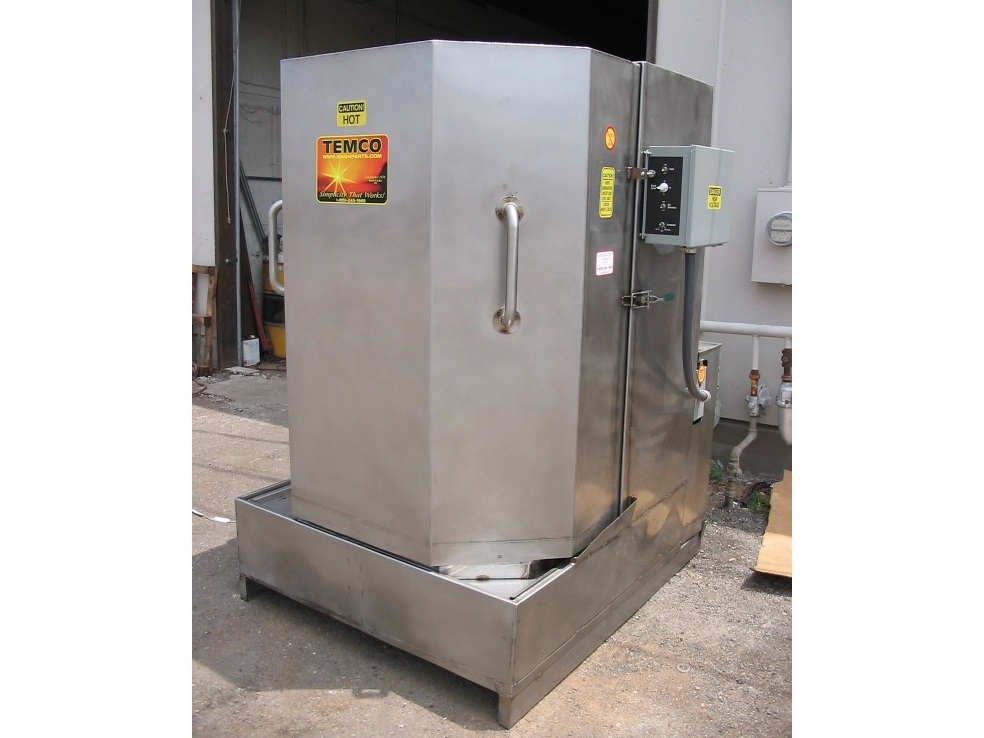 Industrial Parts Washers
Industrial Parts Washers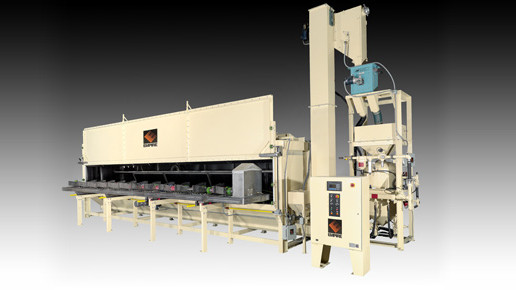 Sandblast Equipment
Sandblast Equipment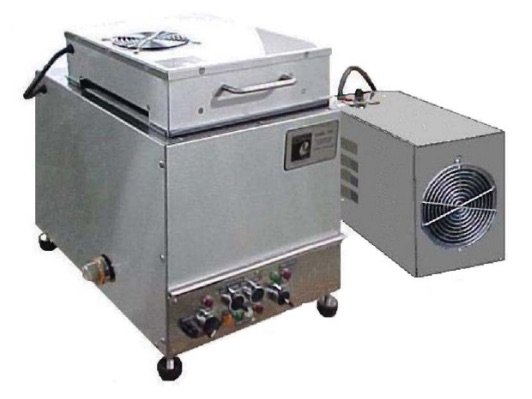 Ultrasonic Cleaners
Ultrasonic Cleaners Castings & Forgings
Castings & Forgings Bulk Material Handling
Bulk Material Handling Electrical & Electronic Components
Electrical & Electronic Components Flow Instrumentation
Flow Instrumentation Hardware
Hardware Material Handling Equipment
Material Handling Equipment Metal Cutting Services
Metal Cutting Services Metal Forming Services
Metal Forming Services Metal Suppliers
Metal Suppliers Motion Control Products
Motion Control Products Plant & Facility Equipment
Plant & Facility Equipment Plant & Facility Supplies
Plant & Facility Supplies Plastic Molding Processes
Plastic Molding Processes Pumps & Valves
Pumps & Valves Recycling Equipment
Recycling Equipment Rubber Products & Services
Rubber Products & Services